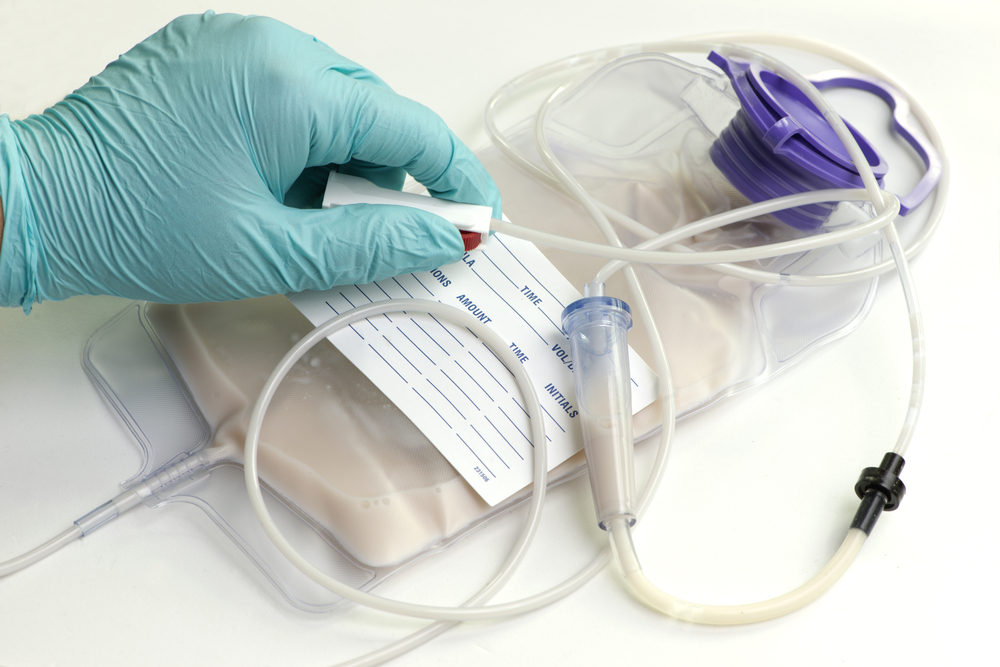#NACFC2016 – RELiZORB Improves Fat Absorption, Gastrointestinal Symptoms in CF Feeding Tube Patients

Alcresta Therapeutics announced that its product RELiZORB effectively increased fat absorption in cystic fibrosis (CF) patients receiving enteral tube feeding and who have trouble breaking down and absorbing these molecules, resulting in reduced frequency and severity of gastrointestinal symptoms among those patients.
The findings were presented at the 30th Annual Meeting of the North American Cystic Fibrosis Conference (NACFC) in Orlando, Fla.
RELiZORB was evaluated in the study ASSURE (Absorption and Safety With Sustained Use of Relizorb Evaluation; NCT02750501; study 497), which included 33 pediatric and adult patients (ages ranged from 5 to 34, with a mean age of 14.5 years) with exocrine pancreatic insufficiency (EPI) due to CF, who were receiving enteral feeding for approximately seven years.
Fat absorption was determined by assessing changes in plasma levels of relevant fatty acids, namely the omega-3 fatty acids docosahexaenoic acid (DHA) and eicosapentaenoic acid (EPA), over a period of 24 hours. DHA and EPA are energy sources, essential components of cell membranes, and are involved in several body functions necessary for the maintenance of normal development and overall health.
Contrary to placebo, treatment with RELiZORB induced a significant improvement (2.8-fold) in the total levels of DHA and EPA absorption. Also, RELiZORB use during the administration of enteral nutrition among these patients was safe and well-tolerated. Patients reported a decrease in the frequency and severity of gastrointestinal symptoms, particularly stool-related symptoms, associated with deficient fat absorption. Also, more patients were able to preserve their appetite and were able to eat breakfast.
The active ingredient in RELiZORB is the digestive enzyme lipase, attached to polymeric carriers together called immobilized lipase (iLipase). As the enteral tube feeding formula passes through RELiZORB, it makes contact with the iLipase components and the fat in the formula is broken down to its absorbable form (fatty acids and monoglycerides) prior to ingestion. This method allows the absorption of 90% of the fats present in most enteral feeding tube formulas, including DHA and EPA, which are the most difficult to breakdown and important for growth and development.
“We are very pleased and excited about the results of this landmark study,” said Daniel Tassé, CEO of Alcresta Therapeutics, in a press release. “RELiZORB is the only product that is FDA-cleared for patients using enteral nutrition and who have fat malabsorption, and therefore addresses a critical unmet medical need,” he said.
It is estimated that 10-20% percent of patients with CF use enteral tube feeding daily. In 2013, the Cystic Fibrosis Foundation Therapeutics awarded Alcresta for the development of products to improve the management of enteral feeding in people living with CF.







